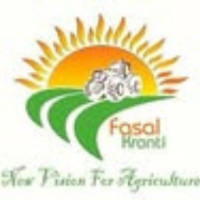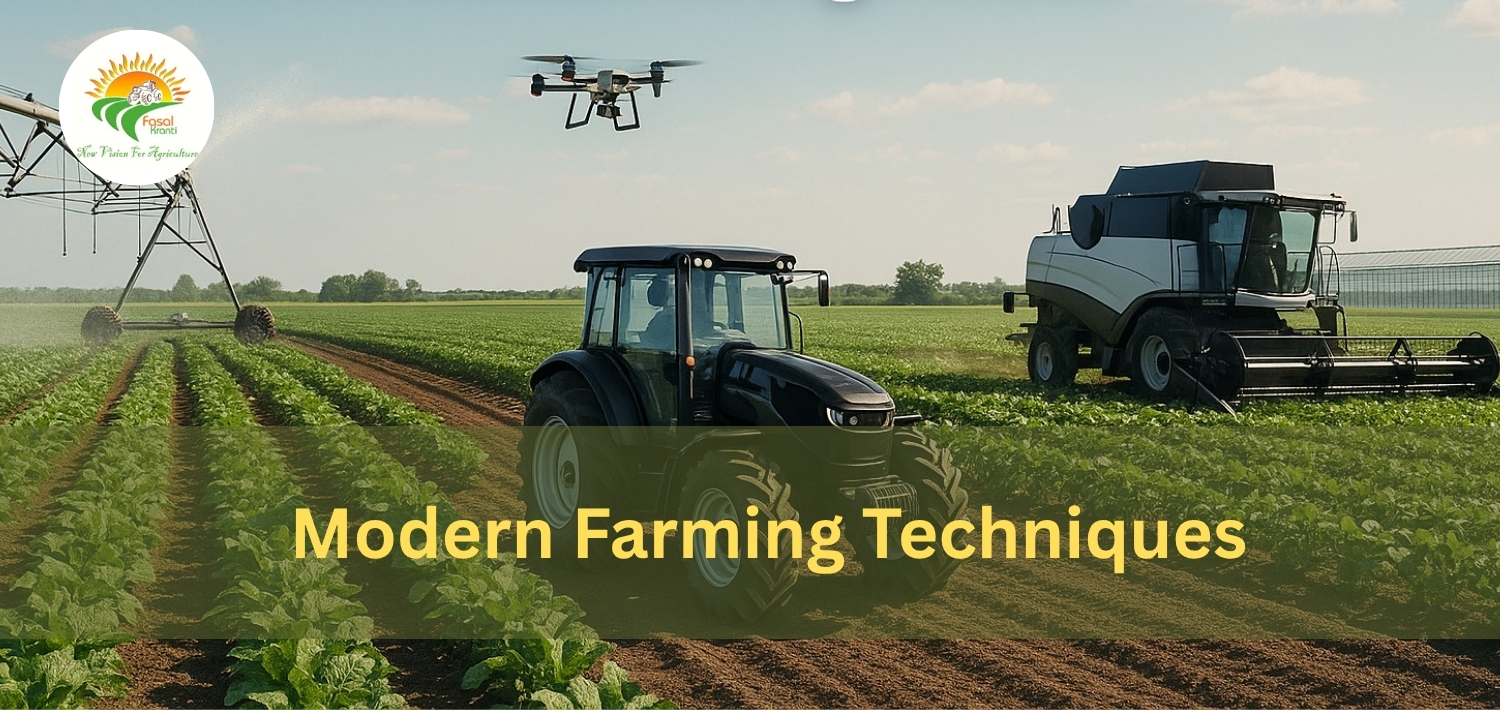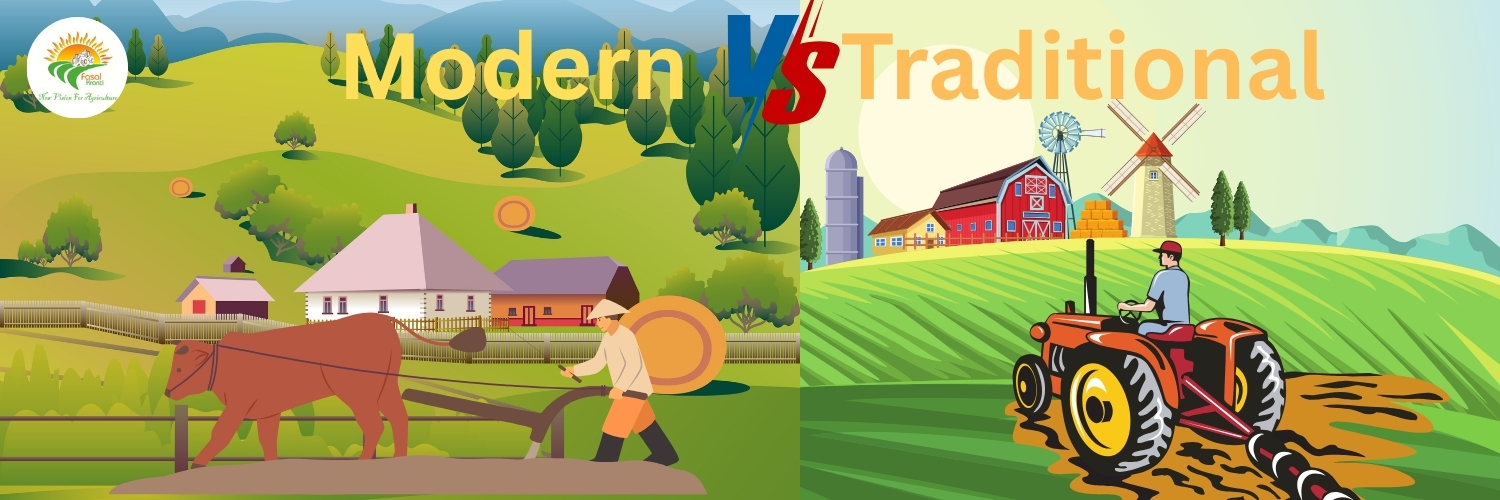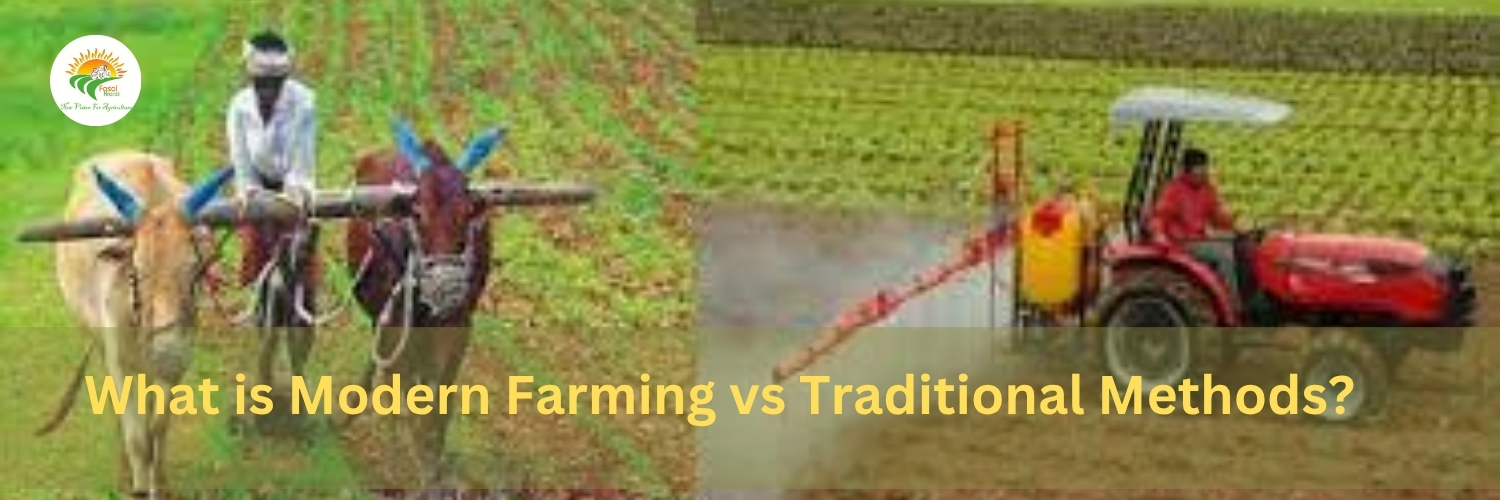Revolutionizing Agriculture with Modern Farming
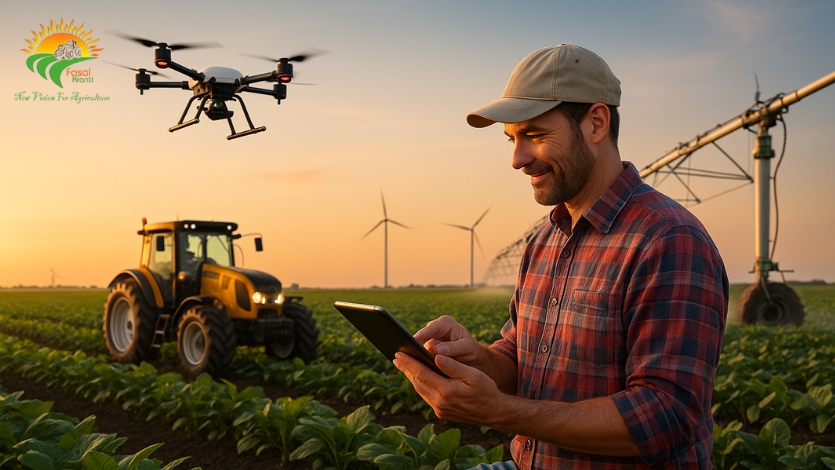
Explore how modern farming is transforming agriculture with cutting-edge technology, sustainability, and a profound impact on society and human behavior.
A New Era in Agriculture
The face of agriculture is changing dramatically, and at the center of this transformation is modern farming. As the world grapples with population growth, climate change, and resource scarcity, the agricultural sector is shifting away from traditional practices to smarter, more sustainable approaches. This evolution isn't just about growing more food it's about doing it responsibly, efficiently, and with an eye toward the future.
Modern farming is revolutionizing how we cultivate crops and raise livestock. It's ushering in a new era where technology meets tradition, ensuring global food security while preserving the planet's natural resources.
What is Modern Farming?
Modern farming is the integration of advanced technologies, data-driven decisions, and sustainable techniques in agricultural operations. It encompasses a wide array of innovations including:
1. Precision Agriculture: Uses GPS, data, and analytics to apply water, fertilizer, and pesticides only where needed, increasing yield while reducing waste and environmental impact.
2. Automated Machinery: Tractors, harvesters, and planters now operate autonomously, cutting labor costs and improving farming efficiency and consistency on large and small farms.
3. Smart Sensors and Drones: Sensors monitor soil and crop health, while drones provide aerial views for early issue detection, enhancing decision-making and precision farming.
4. Artificial Intelligence (AI): AI analyzes data to predict weather, detect pests, and optimize planting schedules, helping farmers make smarter, faster, and more accurate decisions.
5. Hydroponics and Vertical Farming: Grow crops without soil in stacked layers using nutrient-rich water, perfect for urban farming, saving space, water, and producing food year-round.
By embracing digital tools and scientific methods, modern farming improves productivity, reduces environmental impact, and supports resilient food systems.
Historical Context: From Manual to Mechanical to Digital
Agriculture has evolved through multiple revolutions:
1. Traditional Agriculture: Early farming relied heavily on manual labor and the use of animal-drawn plows. Techniques were simple and based on natural cycles, with low productivity and limited technological support.
2. Green Revolution: This era introduced chemical fertilizers, pesticides, and high-yield hybrid seeds, combined with mechanization, significantly boosting crop production in many parts of the world.
3. Digital Revolution (Now): Modern farming uses AI, IoT devices, data analytics, and robotics to monitor, analyze, and automate agricultural processes, creating smarter, more efficient, and sustainable farms.
Each phase has progressively improved efficiency and output. Modern farming is the pinnacle of this journey, allowing for micro-level decisions on a macro scale.
How Modern Farming Impacts Society
The adoption of modern farming methods has far-reaching impacts on society:
1. Food Security: Modern techniques increase yield per acre, helping to meet the food demands of a growing global population.
2. Economic Growth: Smart farming creates new job opportunities in agri-tech, data science, and machinery operations, revitalizing rural economies.
3. Education and Skills: Farmers today are tech-savvy entrepreneurs, trained in software, drones, and automation—changing the perception of farming entirely.
4. Environmental Responsibility: By minimizing water, fertilizer, and pesticide use, modern farming aligns with global sustainability goals.
The Human Side: Changing Behaviors and Perceptions
Modern farming doesn’t just reshape the land it reshapes us. Here’s how human behavior is evolving:
1. Farmers as Technologists: Today’s farmers use mobile apps, drones, and GPS systems just as much as traditional tools.
2. Consumer Awareness: People are more conscious about food sources, preferring traceable, organic, and locally-grown produce.
3. Youth Engagement: Agriculture is becoming attractive to younger generations thanks to innovations and new career paths in agri-tech.
This transformation also fosters a stronger connection between people and their food systems, promoting healthier lifestyles and responsible consumption.
Benefits of Modern Farming
Modern farming offers numerous advantages across sectors:
1. High Productivity: Modern farming boosts crop yields with technology-driven methods, allowing year-round production and consistent food supply to meet growing global demand.
2. Resource Efficiency: Precision tools ensure the optimal use of water, fertilizers, and labor, helping farmers maximize output while conserving valuable resources and lowering costs.
3. Climate Resilience: Advanced techniques enhance crops' ability to withstand droughts, floods, and pests, helping agriculture remain productive despite changing climate conditions.
4. Reduced Waste: Real-time data and smart sensors allow farmers to apply only what's needed, reducing waste of inputs and lowering environmental impact for more sustainable farming.
Modern Farming and the Environment
Sustainability is not just a buzzword it’s a foundation of modern farming. Techniques like crop rotation, cover cropping, no-till farming, and integrated pest management reduce ecological footprints.
Smart irrigation systems alone can reduce water use by up to 60%, while precision farming cuts down fertilizer use by 30-40%, drastically lowering greenhouse gas emissions.
Technological Innovations Leading the Charge
Let’s look at some innovations redefining modern agriculture:
1. Artificial Intelligence: AI can detect diseases in plants, predict weather impacts, and optimize irrigation schedules.
2. Internet of Things (IoT): Sensors embedded in soil monitor temperature, moisture, and nutrient levels in real-time.
3. Robotics: Robots now perform tasks like harvesting, weeding, and planting saving time and reducing human labor.
4. Block chain: Block chain ensures transparency in the supply chain, from farm to fork, enhancing food safety.
Urban Agriculture: Farming in the City
1. Vertical Farming: Vertical farming involves growing crops in stacked layers, often in controlled indoor environaments using hydroponics or aeroponics. This method is ideal for urban centers where space is limited. It allows for year-round production, uses significantly less water than traditional farming, and eliminates the need for chemical pesticides. By bringing production closer to consumers, vertical farming reduces transportation costs, minimizes food spoilage, and lowers carbon emissions, making it both efficient and eco-friendly.
2. Rooftop Gardens: Rooftop gardens transform underutilized urban rooftops into productive green spaces. These gardens contribute to local food production, help regulate building temperatures, and reduce urban heat islands. They also manage rainwater runoff, improve air quality, and promote biodiversity. Rooftop farming engages communities, creates educational opportunities, and supports food security by offering fresh produce in densely populated areas, right where it’s most needed.
3. Container Farming: Container farming uses repurposed shipping containers as enclosed farms equipped with LED lights, climate control, and hydroponic systems. These mobile units can be placed almost anywhere—in parking lots, schoolyards, or city alleys—making agriculture accessible in urban areas. Container farms require minimal space, water, and energy, yet can yield large amounts of fresh produce. They offer a scalable solution for urban food supply challenges, especially in areas with limited land or harsh climates.
Challenges Facing Modern Farming
Despite its promise, modern farming faces real-world challenges:
1. High Initial Costs: Equipment and tech adoption can be expensive for small-scale farmers.
2. Data Privacy: Farm data collected through sensors may be vulnerable to misuse.
3. Tech Dependency: Over-reliance on digital tools may reduce traditional skills.
4. Regulation and Ethics: GMOs, AI, and automation raise ethical and legal questions.
The Future of Modern Farming
The future of modern farming is driven by innovation, sustainability, and data. Technologies like AI, drones, robotics, and IoT are transforming agriculture into a high-tech industry. Precision farming will optimize inputs, reduce waste, and increase yields. Vertical farming, hydroponics, and lab-grown produce will flourish in urban areas, addressing food security and space limitations. As climate change challenges global food systems, modern farming offers smart, sustainable solutions to feed a growing population.
Remark
Modern farming is not just an upgrade it’s a transformation. It’s solving age-old problems with futuristic solutions. From smart sensors in the field to AI-driven crop management, the agricultural landscape is smarter, greener, and more efficient than ever before. As we look ahead, the success of modern farming will hinge on collaboration between farmers, technologists, consumers, and governments. Together they will ensure that agriculture continues to nourish people and the planet for generations to come.
FAQS
Q1: What defines modern farming?\
A: The use of advanced technology, data, and sustainable practices to increase agricultural productivity and efficiency.
Q2: Is modern farming sustainable?
A: Yes, especially when combined with eco-friendly methods like precision farming, organic inputs, and renewable energy.
Q3: Can small farmers adopt modern farming?
A: With proper training and financial support, even smallholder farmers can benefit from modern techniques.
Q4: How does modern farming impact the economy?
A: It creates new jobs, improves efficiency, and stimulates investment in rural areas.
Q5: What is the role of AI in modern farming?
A: AI helps predict crop diseases, optimize irrigation, and manage supply chains efficiently.
Q6: How is human behavior changing due to modern farming?
A: Farmers are embracing digital tools, and consumers are demanding more transparency and sustainability in food production.
Note: IndiBlogHub features both user-submitted and editorial content. We do not verify third-party contributions. Read our Disclaimer and Privacy Policyfor details.

